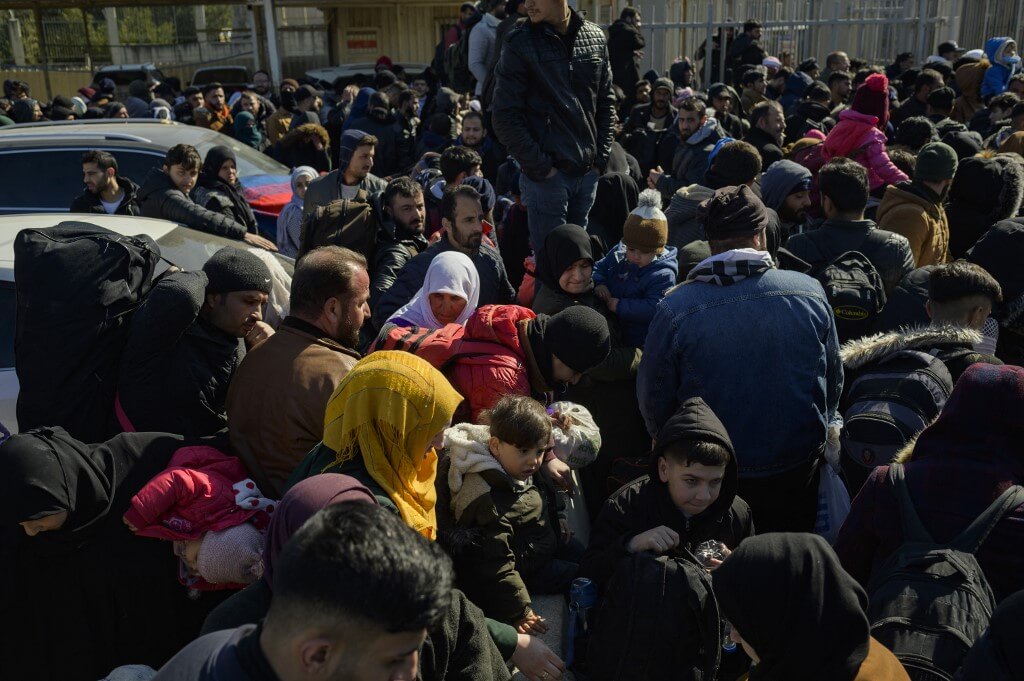Turkey’s arbitrary decision to give refugees living in the provinces affected by the February 6, 2023 earthquakes only 60 days outside the region leaves many people with an uncertain future and unable to plan for their long term needs, Human Rights Watch (HRW) said on Wednesday.
Under ordinary circumstances Turkey imposes travel restrictions on refugees, prohibiting them from traveling out the provinces in which they are registered with local authorities, unless they secure a permit. On February 7, the authorities lifted these restrictions for about 1.7 million refugees under temporary and international protection in the earthquake region for 90 days, but then cut back the time period to just 60 days.
“The current 60-day limit for Syrian refugee earthquake survivors on time spent outside the region leaves them in limbo, with many fearing they will be forced back to inadequate housing arrangements in the devastated provinces,” said Nadia Hardman, refugee and migrant rights researcher at Human Rights Watch. “The time limit is wholly arbitrary, creating unnecessary and unjustifiable financial and mental strain on refugees.”
A 7.8-magnitude earthquake that struck near the Turkish city of Gaziantep – home to around 2 million people and on the border with Syria – as people were sleeping on February 6 was followed by dozens of aftershocks, including a 7.5-magnitude temblor that jolted the region in the middle of search and rescue efforts the same day.
According to a report by the Association for Migration Research (GAR), 1,738,035 of the Syrians who were granted temporary protection status in Turkey, corresponding to 49.64 percent, were directly affected by the earthquakes.
The report said the Syrian population has become “invisible” and subjected to serious discrimination in the delivery of post-quake emergency aid, during which the principles of “non-discrimination” and “impartiality” haven’t been respected.
Xenophobia, hate speech and hate crimes against Syrian refugees are increasing in Turkey as the country prepares for upcoming elections, and politicians from far-right parties have been fueling anti-Syrian sentiment in regions hit by the earthquakes.

